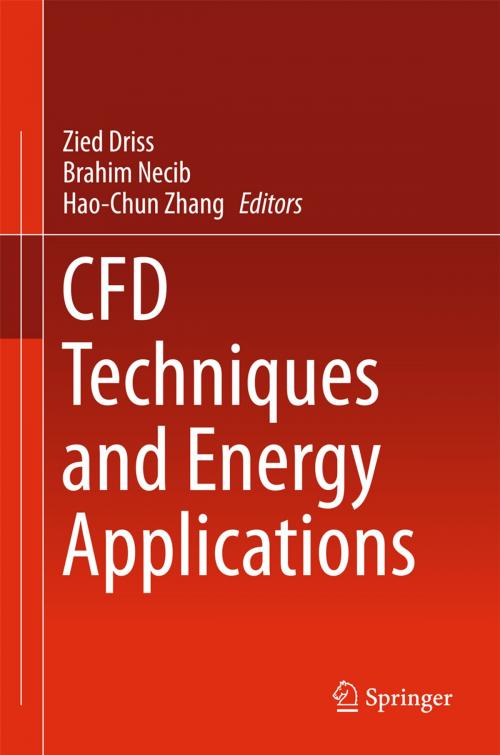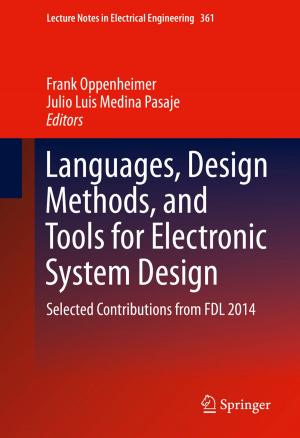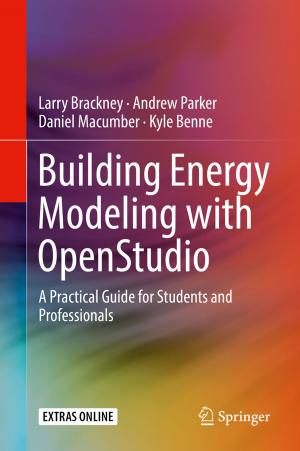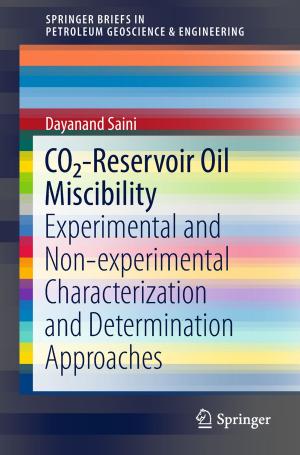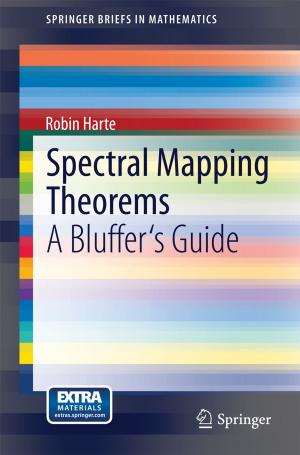CFD Techniques and Energy Applications
Nonfiction, Science & Nature, Science, Physics, Energy, Technology, Engineering, Mechanical| Author: | ISBN: | 9783319709505 | |
| Publisher: | Springer International Publishing | Publication: | February 22, 2018 |
| Imprint: | Springer | Language: | English |
| Author: | |
| ISBN: | 9783319709505 |
| Publisher: | Springer International Publishing |
| Publication: | February 22, 2018 |
| Imprint: | Springer |
| Language: | English |
This book focuses on CFD (Computational Fluid Dynamics) techniques and the recent developments and research works in energy applications. It is devoted to the publication of basic and applied studies broadly related to this area. The chapters present the development of numerical methods, computational techniques, and case studies in the energy applications. Also, they offer the fundamental knowledge for using CFD in energy applications through new technical approaches. Besides, they describe the CFD process steps and provide benefits and issues for using CFD analysis in understanding the flow complicated phenomena and its use in the design process. The best practices for reducing errors and uncertainties in the CFD analysis are further described. The book reveals not only the recent advances and future research trends of CFD Techniques but also provides the reader with valuable information about energy applications. It aims to provide the readers, such as engineers and PhD students, with the fundamentals of CFD prior to embarking on any real simulation project. Additionally, engineers supporting or being supported by CFD analysts can take advantage from the information of the book’s different chapters.
This book focuses on CFD (Computational Fluid Dynamics) techniques and the recent developments and research works in energy applications. It is devoted to the publication of basic and applied studies broadly related to this area. The chapters present the development of numerical methods, computational techniques, and case studies in the energy applications. Also, they offer the fundamental knowledge for using CFD in energy applications through new technical approaches. Besides, they describe the CFD process steps and provide benefits and issues for using CFD analysis in understanding the flow complicated phenomena and its use in the design process. The best practices for reducing errors and uncertainties in the CFD analysis are further described. The book reveals not only the recent advances and future research trends of CFD Techniques but also provides the reader with valuable information about energy applications. It aims to provide the readers, such as engineers and PhD students, with the fundamentals of CFD prior to embarking on any real simulation project. Additionally, engineers supporting or being supported by CFD analysts can take advantage from the information of the book’s different chapters.
